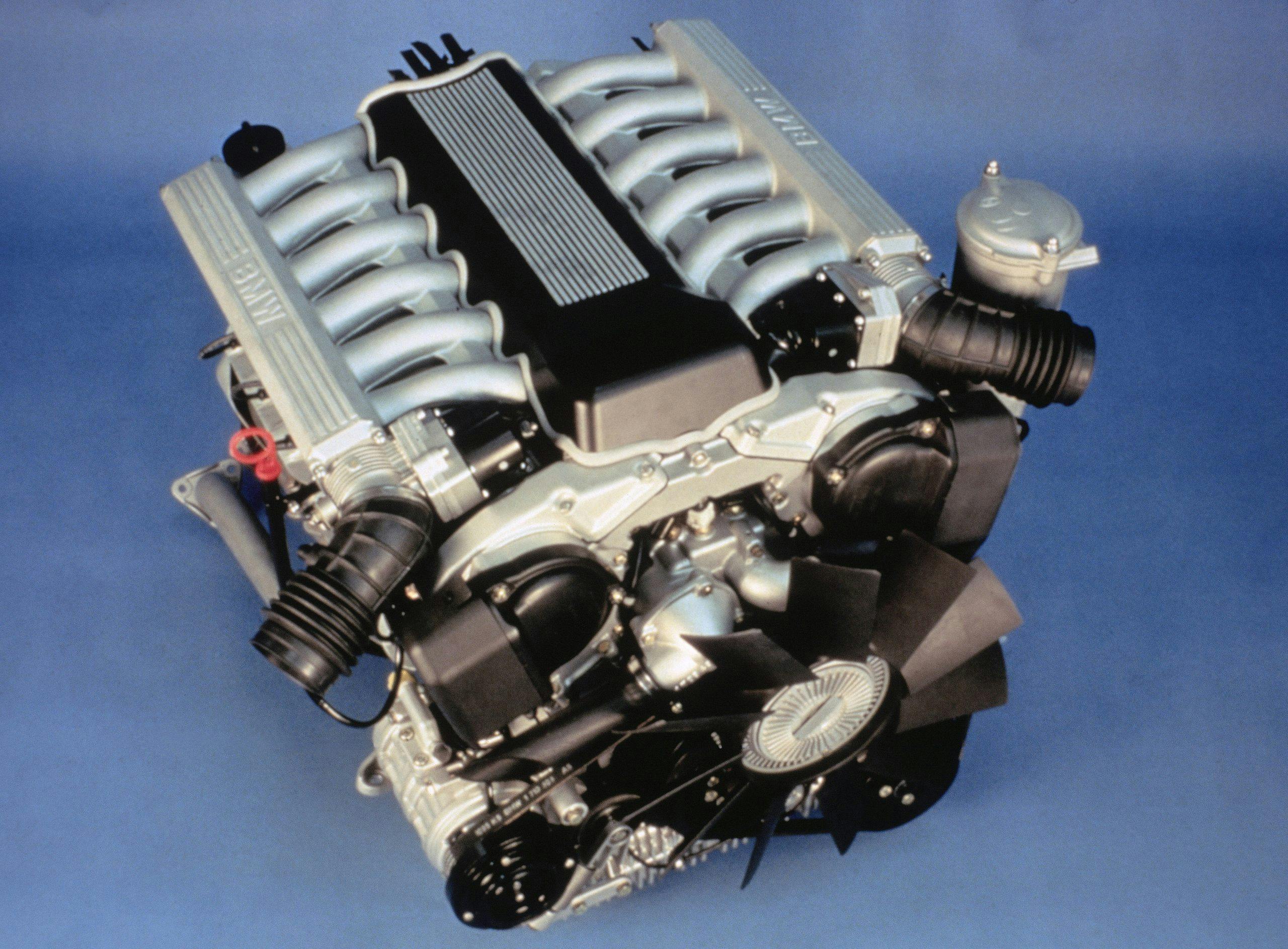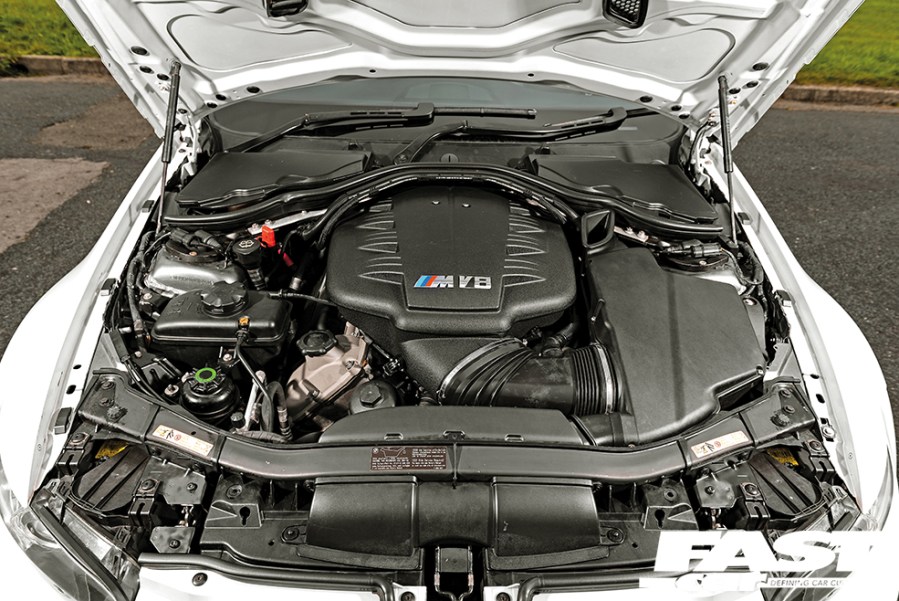Why the BMW Engine Is Considered Among the most effective in Deluxe Cars
Why the BMW Engine Is Considered Among the most effective in Deluxe Cars
Blog Article
Discovering the Evolution of Burning Engines in Modern Transport Systems
As we navigate the landscape of modern transportation, the evolution of burning engines stands as a testimony to human resourcefulness and design expertise. From their simple beginnings to the advanced powerhouses moving cars today, combustion engines have undergone a remarkable trip of technology and adjustment. Recognizing the ins and outs of this development not only sheds light on the past yet additionally leads the method for visualizing what lies in advance in the world of transportation technology. The interaction of background, innovation, and ecological problems in forming the trajectory of combustion engines develops a story that is both informative and compelling.
Very Early Beginnings of Combustion Engines
Exactly how did the principle of combustion engines very first arise in the early phases of transport advancement? The origins of burning engines can be traced back to the 17th century when the concepts of inner combustion were very first discovered.
The advancement moment featured the innovation of the initial successful gasoline-powered engine by Karl Benz in 1885 - bmw engine. This engine paved the means for the development of the contemporary car, transforming transport systems worldwide. Subsequent technologies by Nikolaus Otto and Gottlieb Daimler even more fine-tuned burning engine modern technology, resulting in the mass manufacturing of autos and the rapid growth of the transport sector
These very early burning engines were identified by their simpleness and performance, laying the structure for the facility and effective engines utilized in contemporary transportation systems. The development of combustion engines has contributed fit the method we travel and transfer goods, marking a significant milestone in the background of transport advancement.
Shift to Internal Combustion Modern Technology
The change to interior combustion technology marked a crucial change in the development of transportation systems. This change began in the late 19th century, with creators like Nikolaus Otto and Gottlieb Daimler developing the initial effective interior combustion engines. These engines changed transport by using a more efficient and effective alternative to vapor engines and electrical motors.
One of the key benefits of interior combustion engines was their capacity to be scaled down to suit vehicles, resulting in the growth of motorcycles and autos. This change from bulky, stationary engines to portable, mobile ones led the way for the modern-day transport systems we see today.
The shift to interior combustion modern technology additionally stimulated advancements in fuel modern technology, resulting in the growth of gas and diesel as key fuel resources for vehicles. This change not just made transportation much more accessible to the masses however additionally laid the foundation for the oil and gas market to come to be essential to worldwide economies.
Effect of Combustion Engines on Transport
The adoption of combustion engines in transport systems militarized a profound shift in the performance and rate of global wheelchair. Burning engines revolutionized transportation by giving a functional and reliable source of power for different lorries, consisting of vehicles, airplanes, trucks, and ships. This advancement dramatically enhanced the capacity for goods and people to conform cross countries in shorter period, bring about raised connection in between areas and countries.
In addition, the prevalent use burning engines has actually had a substantial influence on financial growth. The capacity to transport goods efficiently has spurred profession and business, permitting organizations to increase their markets and get to customers worldwide. This has assisted in news economic growth and globalization, as products can currently be moved much faster and in bigger amounts than in the past.
Nevertheless, the environmental influence of burning engines can not be neglected. The combustion of nonrenewable fuel sources has actually caused air pollution and greenhouse gas emissions, adding to environment adjustment and presenting health and wellness risks to populations. bmw engine. Because of this, there is a growing emphasis on creating alternate propulsion technologies to minimize these unfavorable effects and develop a much more sustainable future for transport
Advancements in Combustion Engine Layout
One remarkable technology is the growth of turbocharged engines, which make use of exhaust gases to drive a generator that presses incoming air, enabling for more fuel to be charred, resulting in enhanced power output without a significant increase in engine size. Variable shutoff timing systems have actually additionally reinvented engine style by enhancing airflow at different engine speeds, boosting both power and performance. These technologies jointly add to the constant enhancement of combustion engines in modern transportation systems.
Future Fads in Burning Engine Advancement
With innovation developments driving continuous development, the future of combustion engine growth is poised to transform transportation systems around the world. Among the essential patterns in combustion engine growth is the push towards better effectiveness and decreased emissions. Suppliers are investing greatly in r & d to enhance engine efficiency while satisfying strict ecological policies. This includes the combination of advanced gas injection systems, boosted turbocharging methods, and using lightweight products to enhance gas usage and reduce carbon exhausts.
One more noticeable trend is the adoption of crossbreed modern technologies in combustion engines. Hybrid engines incorporate traditional combustion innovation with electrical power, supplying improved fuel effectiveness and reduced exhausts. As the automotive market changes in the direction of electrification, crossbreed combustion engines are seen as a transitional service that connects the void in between conventional cars and completely electrical ones.
In addition, the integration of smart technologies, such as synthetic knowledge and information analytics, is anticipated to play a significant function in the future of combustion engine development. These modern technologies can optimize engine performance in real-time, resulting in much more effective combustion processes and improved general automobile efficiency. Embracing these future fads will certainly not just drive advancement in burning engine advancement however likewise add to a much more sustainable and eco-friendly transport environment.

Verdict
In verdict, the development of combustion engines in modern transport systems has actually been marked by significant innovations in modern technology and style. From the early starts of burning engines to the transition to inner burning technology, these engines have actually had an extensive effect on transportation.
The origins of combustion engines can be mapped back to the 17th century when the concepts of internal burning were initial checked out. visit this site These engines transformed transportation by supplying a much more efficient and effective option to steam engines and Continue electrical motors.

Report this page